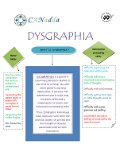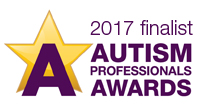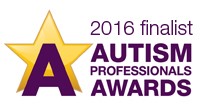Dysgraphia
Neurodiversity is about how our brains process information and how we think, as we can be wired differently. This includes concentration, language, sound, images, light, texture, colour, touch, smell, taste, perception, sequencing and movement.
Dysgraphia otherwise known as very poor handwriting and is a specific learning difficulty related to the skills of writing. As with other specific learning difficulties, it persists into adulthood and is a long-life condition. Dysgraphia affects a combination of fine motor skills and information processing skills.
Dysgraphia individuals have difficulty with both the physical aspect of writing and processes associated with written expression.
 Fine Motor Skills – Poor fine motor coordination that results in awkward or cramped pencil grip. Handwriting that appears jagged or spidery with incomplete or poorly formed letters. Handwriting that is often illegible and slow handwriting speed.
Fine Motor Skills – Poor fine motor coordination that results in awkward or cramped pencil grip. Handwriting that appears jagged or spidery with incomplete or poorly formed letters. Handwriting that is often illegible and slow handwriting speed.
 Information Processing – Difficulty sequencing and organising written work. Difficulty following a structured format and keeping track of thoughts. Difficulty with word retrieval. Difficulty getting their ideas or initial thoughts down on paper. Difficulty with syntax, grammar and spelling. Inconsistent use and/or spelling of words within the same document.
Information Processing – Difficulty sequencing and organising written work. Difficulty following a structured format and keeping track of thoughts. Difficulty with word retrieval. Difficulty getting their ideas or initial thoughts down on paper. Difficulty with syntax, grammar and spelling. Inconsistent use and/or spelling of words within the same document.
No matter how intelligent men and women are they can still feel misunderstood and vulnerable.
 Click to download a poster on Dysgraphia.
Click to download a poster on Dysgraphia.



